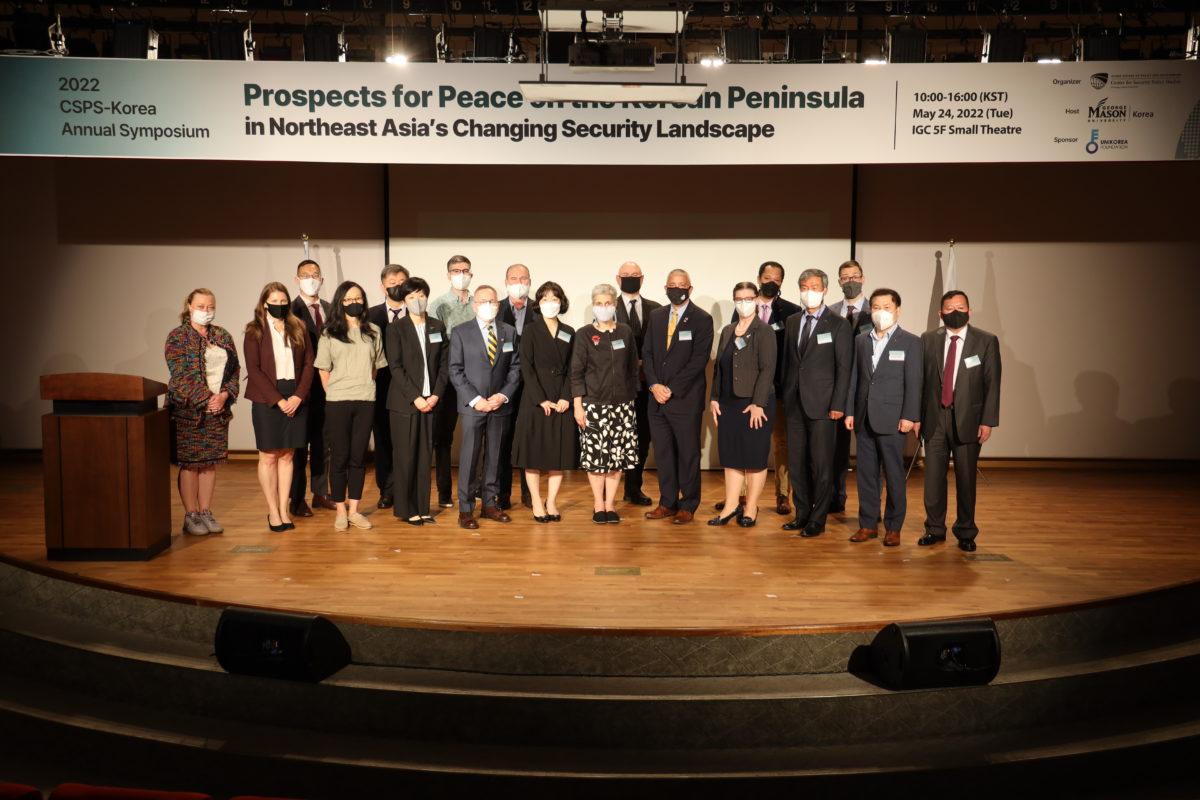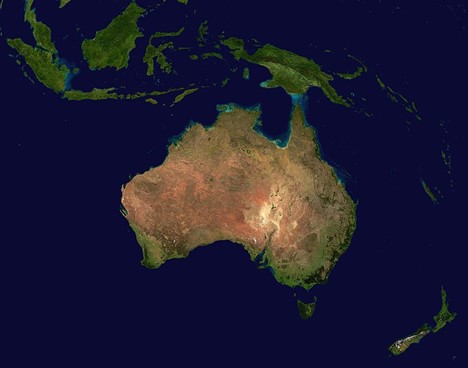The Center for Security Policy Studies-Korea (CSPS-K) conducted the 2022 CSPS-Korea Spring 2022 Symposium under the title of <Prospects for Peace on the Korean Peninsula in Northeast Asia’s Changing Security Landscape> on May 24, 2022. This year’s annual symposium addressed the theme of changing dynamics of the security landscape in the Northeast Asia region and its impacts on the peace and security of the Korean Peninsula. The Symposium addressed timely issues concerning peace, security, and Korean unification from U.S and Korea perspectives to provide meaningful insight into prospects and challenges set for the security landscape in Northeast Asia through mutual dialogue.
Session 1 titled “Peace and Security on the Korean Peninsula: The U.S. Perspective” was moderated by Dr. Ji Hye Lim, the Acting Director of the Center for Security Policy Studies-Korea, and Mr. Chris Del Corso, U.S. Chargé d’Affaires ad interim at U.S. Embassy Seoul, Dr. Daniel Pinkston, Lecturer in International Relations at Troy University, and Dr. Mike Bosack, Deputy Secretary of the United Nations Command Military Armistice Commission were invited for the first session as a speaker. The panelists emphasized cooperation between the U.S. and South Korea to address a range of security issues such as food security, human security, and cyber security. In particular, the panelists highlighted those democratic countries to stand in solidarity not only to promote the idea of human rights and rules but to stand against the recent rising power of authoritarianism.
Session 2 titled “Peace and Korean Unification: Korea’s Perspective” was moderated by Mr. George Hutchinson, a visiting fellow from the Center for Security Policy Studies-Korea, and Dr. Sang Hyun Lee, President of the Sejong Institute, Dr. Min Hong, Director of North Korean Research Division at the Korea Institute for National Unification and Dr. Young Jun Kim, Director of Center for the Northeast Asian Affairs at Korea National Defense University were invited for the second session’s panelists. The second session addressed the new Yoon administration’s implication, defense, foreign policy direction, and strengthening military alliance through strategic alliances, ‘Indo-Pacific Strategy’. The panelists stressed the importance of promoting strategic cooperation among democratic countries also strategic plans such as reallocation, deployment of strategic assets, and expansion of THAAD on the Korean Peninsula to better deal with ongoing problems with the perspective of peacebuilding on the Korean Peninsula security.
Session 3 titled “Prospect and Challenge for Peace and Security in Northeast Asia: U.S.-Korea Dialogue” was moderated by Professor Ellen Laipson, Director of the Center for Security Policy Studies, and Mr. Robert Collins, Senior Advisor for the Committee for Human Rights in North Korea, Lieutenant General Chun In-bum, and Dr. Intaek Han, President of the Jeju Peace Institute were invited as a speaker for the last session. The panelists discussed the agenda presented at the U.S-Korea summit, the strengthening U.S-Korea relationship, and the impact of foreign policy and security policy of the new Yoon administration. In particular, the speakers addressed priorities for security issues, security cooperation in the Asia Pacific region and strengthening the alliance, China’s growth, and alternative plans and preparation for the future of Korean unification.
Every session was organized with a 15-minute presentation of panelists followed by a panel discussion and Q&A session. Through their special insight and fascinating commentary, they expertly answered the questions presented by the audience and helped us understand the changing security landscape pertaining to the Korean peninsula.
The Symposium concluded successfully with proactive participation from the audience and excellent discussion among the panelists. We would extend our deepest gratitude to the faculty, students, and volunteers who contributed to this successful event and the special guests who joined the symposium.
Additional information about the symposium may be found on the Mason Korea page HERE, and recordings may be accessed by following the links below:
For a post-symposium report, please review the following PDF:




